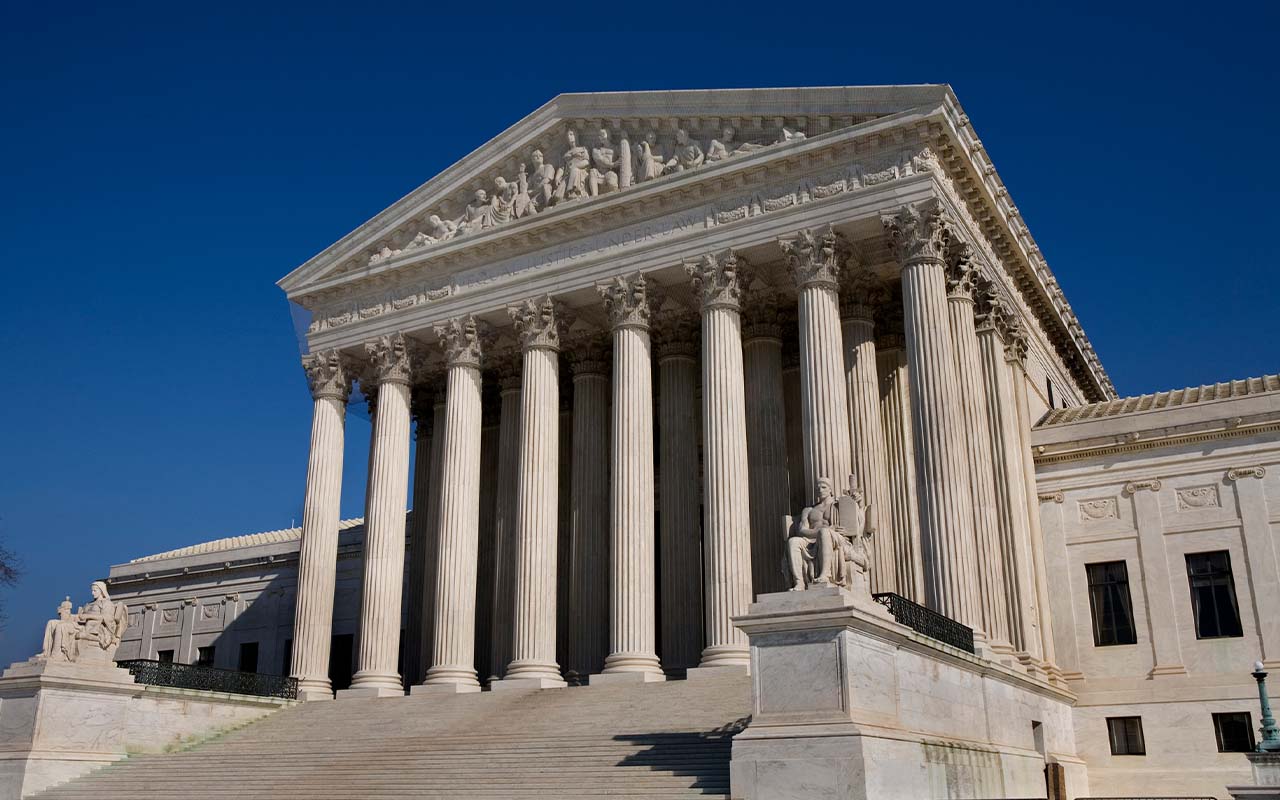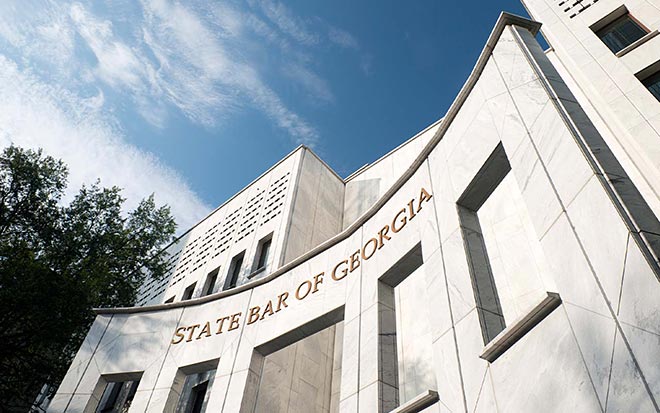Aug. 26, 2025
States Pick Up Stroke Regulating New Car Sales Practices Following FTC Loss on CARS Rule
With efforts by the Federal Trade Commission (FTC) to enact a rule prohibiting unfair and deceptive acts and practices in connection with new car sales seemingly dead in the water, state legislatures and law enforcers appear galvanized to adopt their own consumer protection requirements. California is poised to adopt its own version of the FTC’s now defunct “Combating Auto Retail Scams” or “CARS” rule, and in Massachusetts, the Attorney General recently adopted a price disclosure rule of broad application that sweeps new car advertising and sales within its ambit.
FTC Rulemaking Appears Dead in the Water
On January 27, 2025, the U.S. Court of Appeals for the Fifth Circuit in a 2-1 decision vacated the FTC’s CARS Rule, finding the agency failed to comply with statutory notice requirements before adopting the new regulation. The CARS Rule would have prohibited dealers from misrepresenting material information to consumers, particularly with respect to so-called “junk fees” and “add-on” optional features, and would have required disclosure at the outset of a potential purchase transaction of the total price at which a consumer could buy a new car.
The FTC did not appeal the Fifth Circuit ruling, and it is not clear whether the agency under the current administration will be inclined to renew its rulemaking efforts. Notably, when the FTC first proposed the CARS Rule in June 2022, it drew a dissenting statement from then-Commissioner Christine Wilson, a Republican appointee, expressing concern that the rule, by requiring “numerous disclosures related to offering price, add-ons, and monthly financing,” could have unintended consequences and stifle innovation in the automotive industry. Another rulemaking effort just may not be a priority under the current administration.
California Appears Poised to Adopt Its Own CARS Rule
With federal rulemaking seemingly no longer on the horizon, states have begun to fill the void. California appears poised to enact its own version of the CARS Rule, with Senate Bill 766, the California Combating Auto Retail Scams Act, which stands on the verge of passage. Like the FTC Rule, the California CARS Act would explicitly prohibit certain misrepresentations that may affect the buyer’s purchase choice, such as the vehicle’s cost, terms, financing options, add-on products, and availability. The Act also would require a dealer to disclose “clearly and conspicuously” the “Total Price” of a new car in any advertisements that reference a specific vehicle, as well as in the first communication with a consumer. The “Total Price” is defined to mean the total sale price of a vehicle, excluding taxes, fees, and certain other charges.
The California CARS Act also mirrors the FTC Rule in addressing aspects of add-on products and services. For any add-on product that is optional, the dealer would be required to disclose “clearly and conspicuously” that the add-on is not required and the consumer can purchase or lease the vehicle without the add-on. The dealer also would be prohibited from charging for an add-on product or service that would provide no benefit to the buyer, such as nitrogen-filled tire-related products that contain less than 95% nitrogen purity; products or services that do not actually provide coverage for the vehicle or transaction; oil changes for electric vehicles; and surface protection products that render the paint warranty void.
In addition to addressing issues relating to new car sales, the California CARS Act adds a “Cooling-Off Period” for any used vehicle purchase, providing a customer with three-days to return the vehicle and cancel the purchase contract. The Cooling-Off Period does not apply to new vehicle purchases. Having been approved by the state Senate, the California CARS Act is now pending before the state’s Assembly, and has a proposed effective date of October 1, 2026.
Massachusetts Adopts Sweeping “Junk Fee” Rule
Meanwhile, Massachusetts Attorney General Andrea Campbell— exercising her authority to define “unfair and deceptive” acts and practices under Mass. Gen. Laws Chapter 93A—in March 2025 issued a broad new “Junk Fee Rule.” Among other things, the rule, which will apply to the advertising or sale of any “Product” in Massachusetts, declares unlawful “failing to disclose clearly and conspicuously, at the time of the initial presentation of the price of any Product, or any subsequent presentation thereafter, the Total Price of that Product,” as well as “failing to display the Total Price of a Product more prominently than any other pricing information any time the disclosure of the Total Price is required.”
The term “Product” is broadly defined to mean any good or service “for personal, family, or household use,” and so presumably includes new cars. The term “Total Price” means the “maximum price a consumer must pay for a Product, inclusive of all fees, charges, or other expenses.” On July 29, 2025, the Massachusetts Attorney General issued guidance for businesses with respect to unfair and deceptive fees in advance of the new rule taking effect on September 2, 2025. The impact of this rule on new car dealers in Massachusetts may be limited, since it seems mostly to require that dealers comply with pre-existing dealer advertising regulations.










